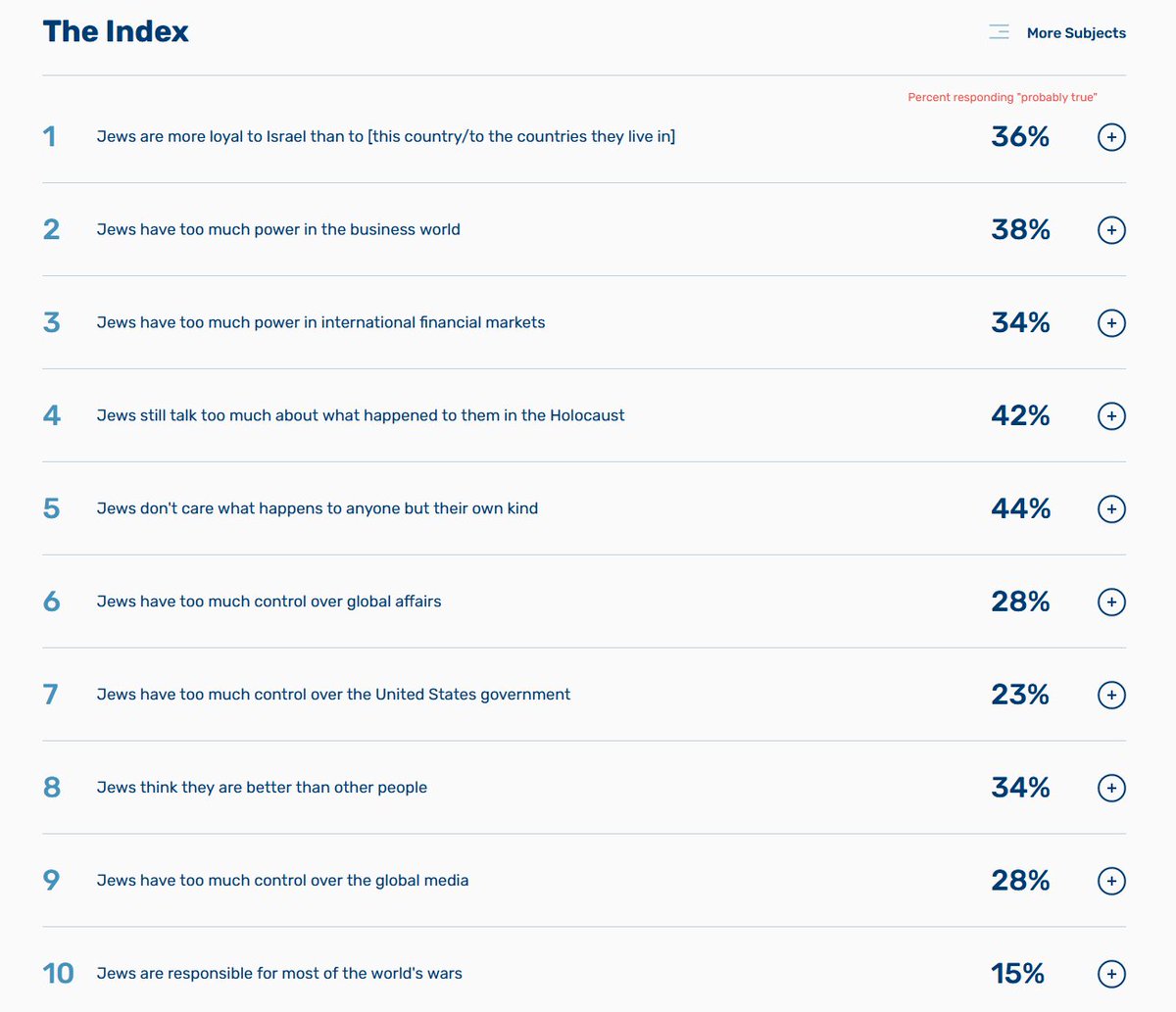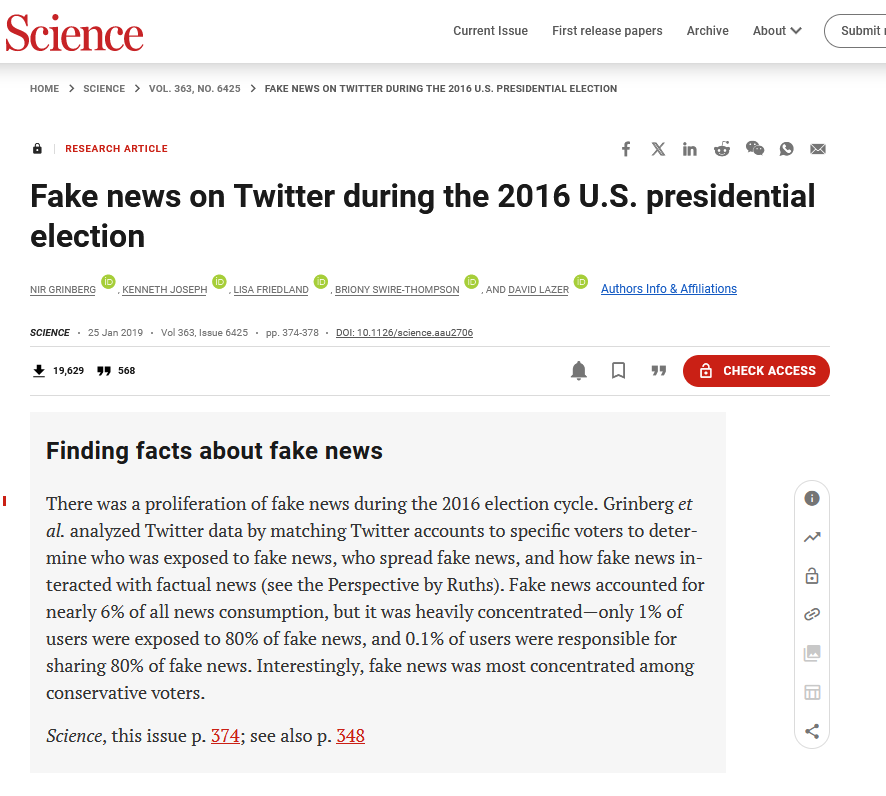In today’s #vatniksoup, I’ll talk about the recent EU elections and what are their implications for both the Kremlin and Ukraine. Right-wing political parties, some pro-Kremlin, won a lot of seats around Europe, and this result can also change the EU’s stance on Ukraine.
1/19
1/19

But before we start, I want to promote a truck fundraiser I'm doing together with the fantastic @ArturRehi and @69thSB.
Our goal is 20 000 USD, and you can contribute to this important fundraiser here:
2/19artursarmy.com/contribute/reh…
Our goal is 20 000 USD, and you can contribute to this important fundraiser here:
2/19artursarmy.com/contribute/reh…
EU’s support of Ukraine is essential for their survival against genocidal Russia. So far,this support has been delayed mostly by Orban’s Hungary (& to some degree, Fico’s Slovakia). Now, this support will probably be challenged by many new members of the European Parliament.
3/19


3/19


Let’s start with some good news: many well-known vatniks failed to go through, including Mick Wallace, Clare Daly, Tatjana Zdanoka & Marcel de Graaff. Thierry Mariani & Maximilian Krah continue their "work" in the European Parliament.
All souped at:
4/19vatniksoup.com/?fuck=putin
All souped at:
4/19vatniksoup.com/?fuck=putin
First of all, the whole of EU took a hard right turn – the so-called “hard-right” got close to a quarter of all seats, and right-wing parties won big in France, Germany, Austria, Belgium and Italy. In Nordic countries, “hard-right” lost support to left-wing parties.
5/19


5/19


Many successful campaigns can be attributed to effective use of social media. For example Fidias Panayiotou, a man with no political experience but who has 2.6 million YouTube followers, won a seat in the European Parliament representing Cyprus.
6/19
6/19

And as we know, Russia and its allies Iran and the CCP thrive in these online environments, where their disinformation campaigns promote anti-Ukraine, euroskeptic narratives that try to undermine any support for Ukraine.
The success of right-wing parties...
7/19


The success of right-wing parties...
7/19

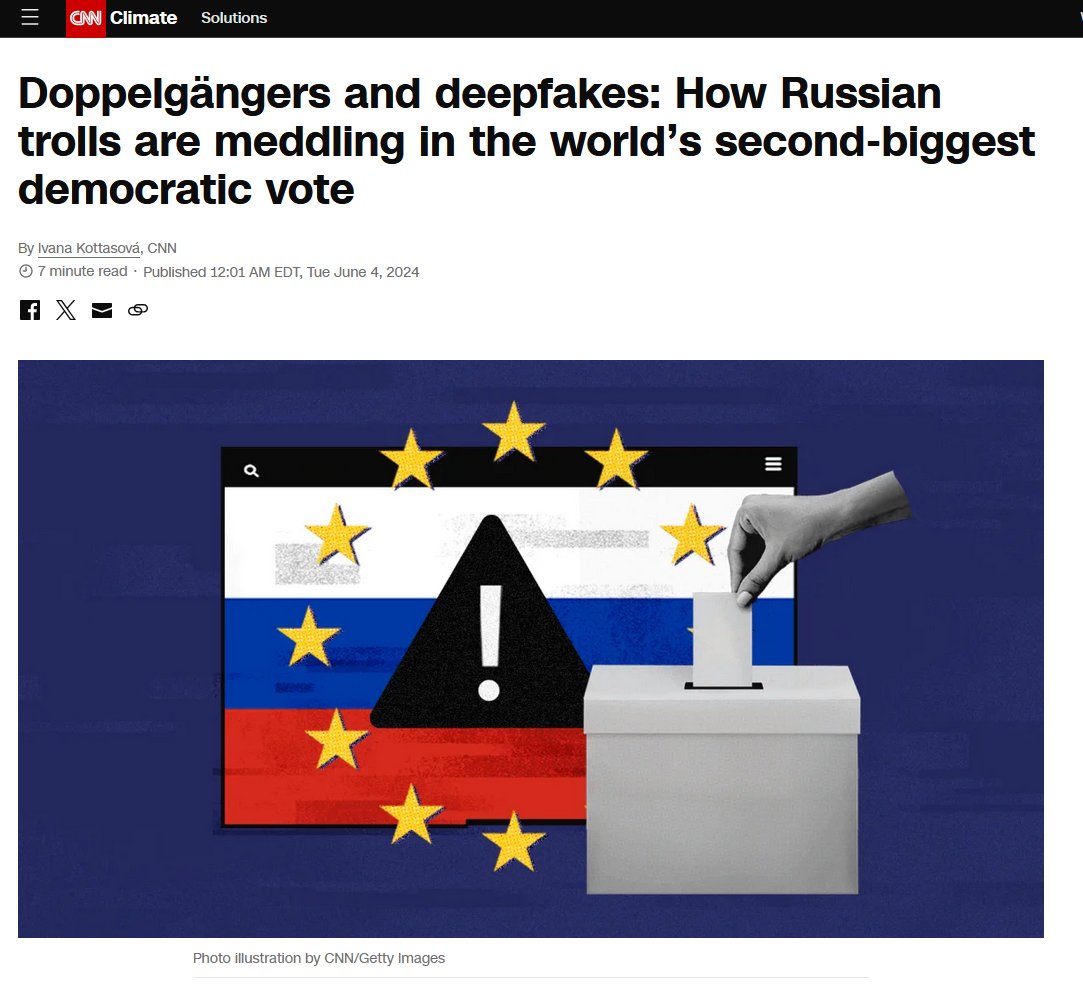
...can be attributed to many everyday issues. Probably the biggest of these is immigration, and it’s also one of the most common narratives where Russian propaganda and disinformation campaigns thrive:
Another strongly dividing issue is…
8/19


Another strongly dividing issue is…
8/19
https://x.com/P_Kallioniemi/status/1726300413077631014

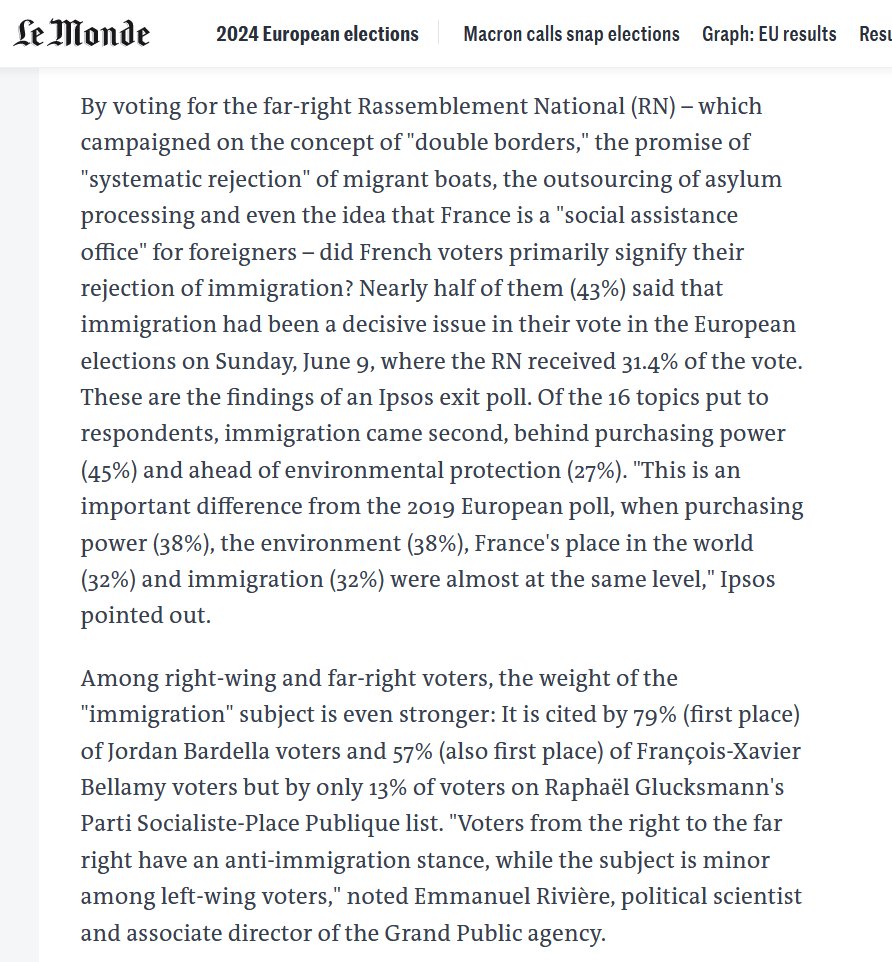
…the liberal versus conservative debate, where the Kremlin also uses division to sow unrest, while falsely showing themselves as the conservative and traditional safe haven. In the EU, worries over climate change has led to the proposal of environmental regulations…
9/19


9/19


…such as carbon tax and restrictions on land use, which has, to some degree, led to price hikes. Naturally, all these themes are also closely connected to each other: rapid changes in climate drive immigration and affects farming.
10/19




10/19
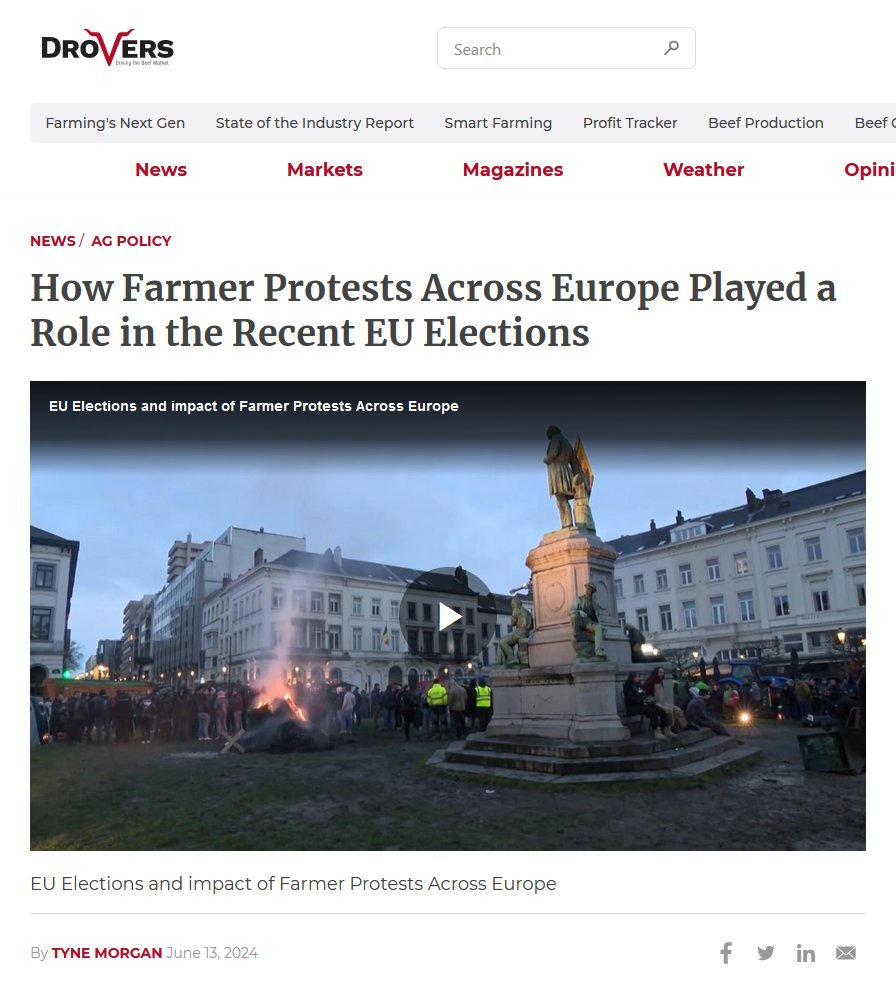
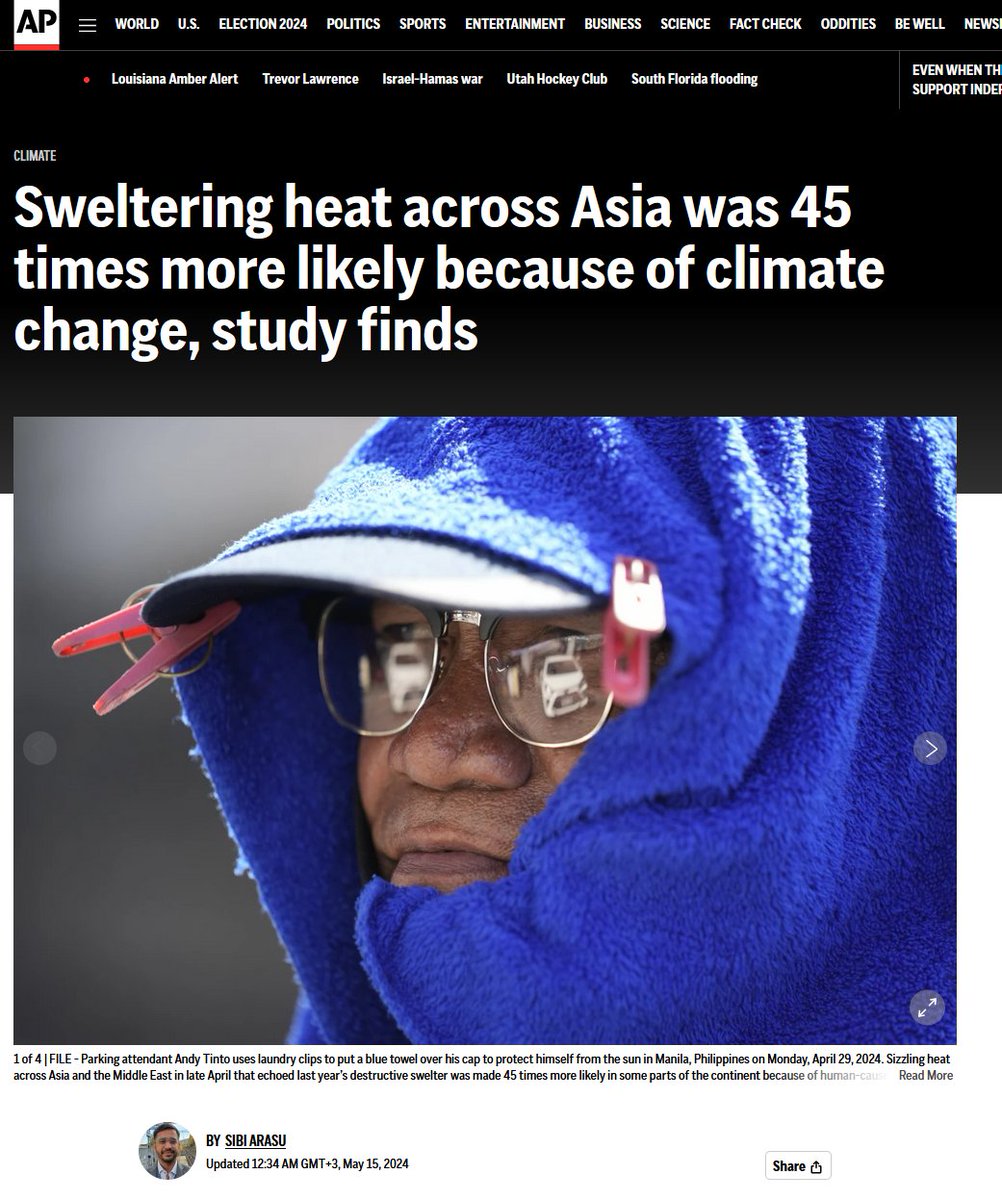


My theory is that people didn’t really even consider Russia or Ukraine while voting, rather than just looking for people who could potentially solve problems that affect their day-to-day life. Issues like illegal immigration and asylum-seeking have been a great concern…
11/19
11/19

…to some since the 1990s, and employment, inflation & price increases are affecting almost everyone’s lives. Many conservatist parties rallied around these issues, praising traditionalism, nostalgia & “the good old times”, after seeing how well it worked for Viktor Orbán.
12/19



12/19



And this can also be seen from the campaigns of the successful parties: many on the right rallied against “wokeism”, the “global elites”, the EU becoming a “federal state”, EU immigration policies, “15 minute cities”, climate policies and the green transition.
13/19




13/19




Incidentally, all of these themes are very prominent in the Kremlin’s propaganda and disinformation campaigns in the West, and they’ve also started rallying around them long before the elections, going back over ten years. And this is what we in the West often fail to…
14/19


14/19


…understand when it comes to Russian active measures – they’re usually trying to change societies with long-term campaigning and information operations. And since we don’t fully understand their strategy, we’re usually reactive when we should be proactive.
15/19



15/19



But what does all of this mean for Ukraine?The European Parliament still remains very much pro-Ukraine, but over time,we’ll probably see some MEPs suggesting a softer stance on Russia. For example, since there’s money to be made,some will suggest easing up on the sanctions.
16/19




16/19




With groups like Sahra Wagenknecht’s party gaining momentum in Germany, the far-left gang will also constantly talk about peace negotiations, probably suggesting that Ukraine should agree to concessions to Russia:
17/19


17/19
https://x.com/P_Kallioniemi/status/1757334171586891953


Finnish MEP Li Andersson has shared her concerns over this far-left, pro-Kremlin bloc, even stating that Sahra Wagenknecht’s party (along with Wallace & Daly, who weren't elected) is not welcome in the The Left group unless they show their full support for Ukraine.
18/19


18/19


To conclude – as in 2019, several pro-Kremlin politicians were elected to the European Parliament. For now, this shouldn’t change support for Ukraine, but we will most probably see some softer stances in the Parliament on Russia in the near future.
19/19



19/19



• • •
Missing some Tweet in this thread? You can try to
force a refresh






